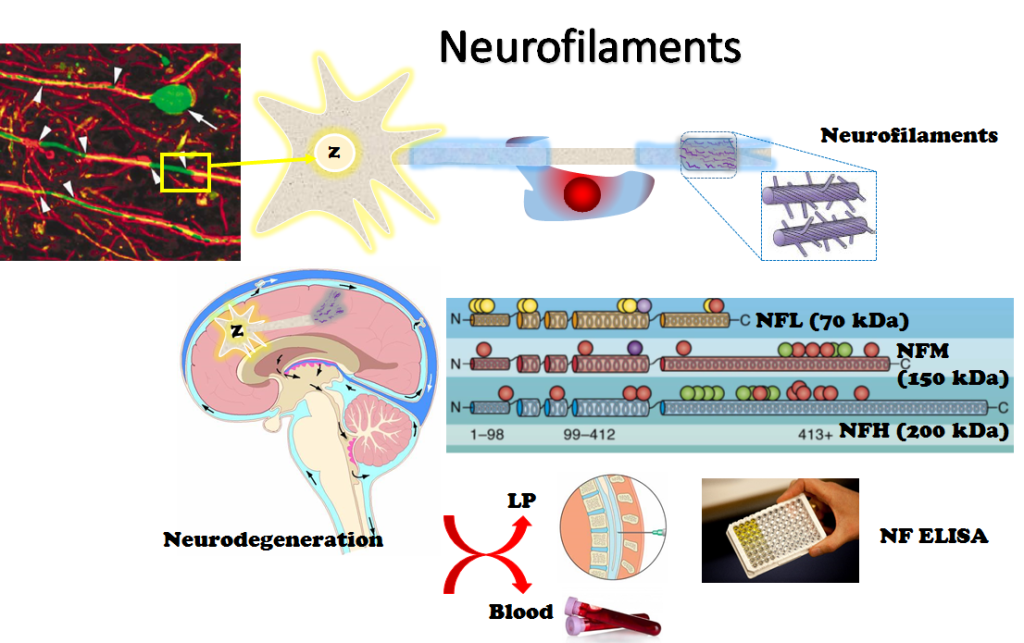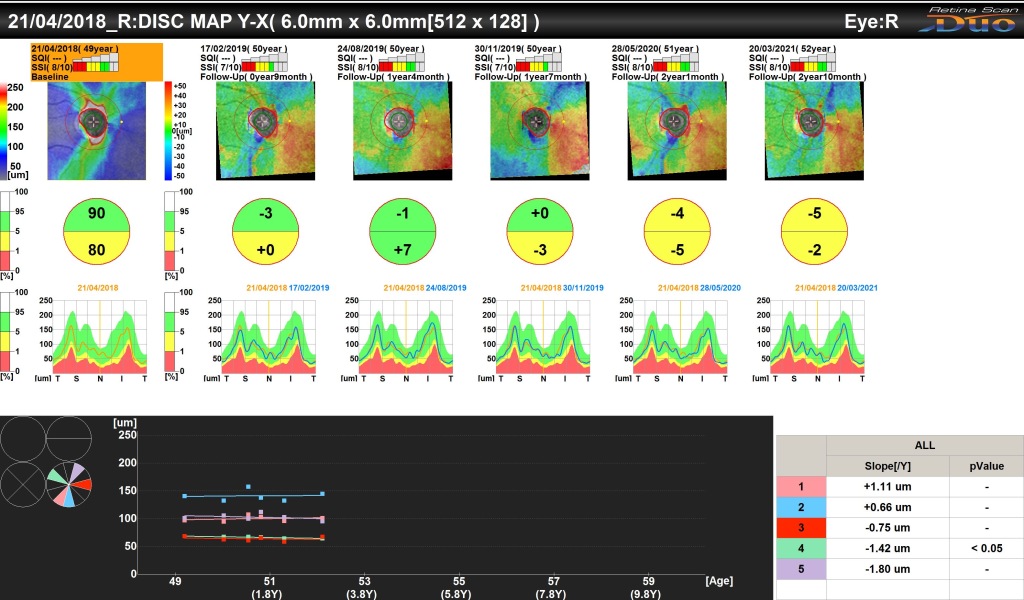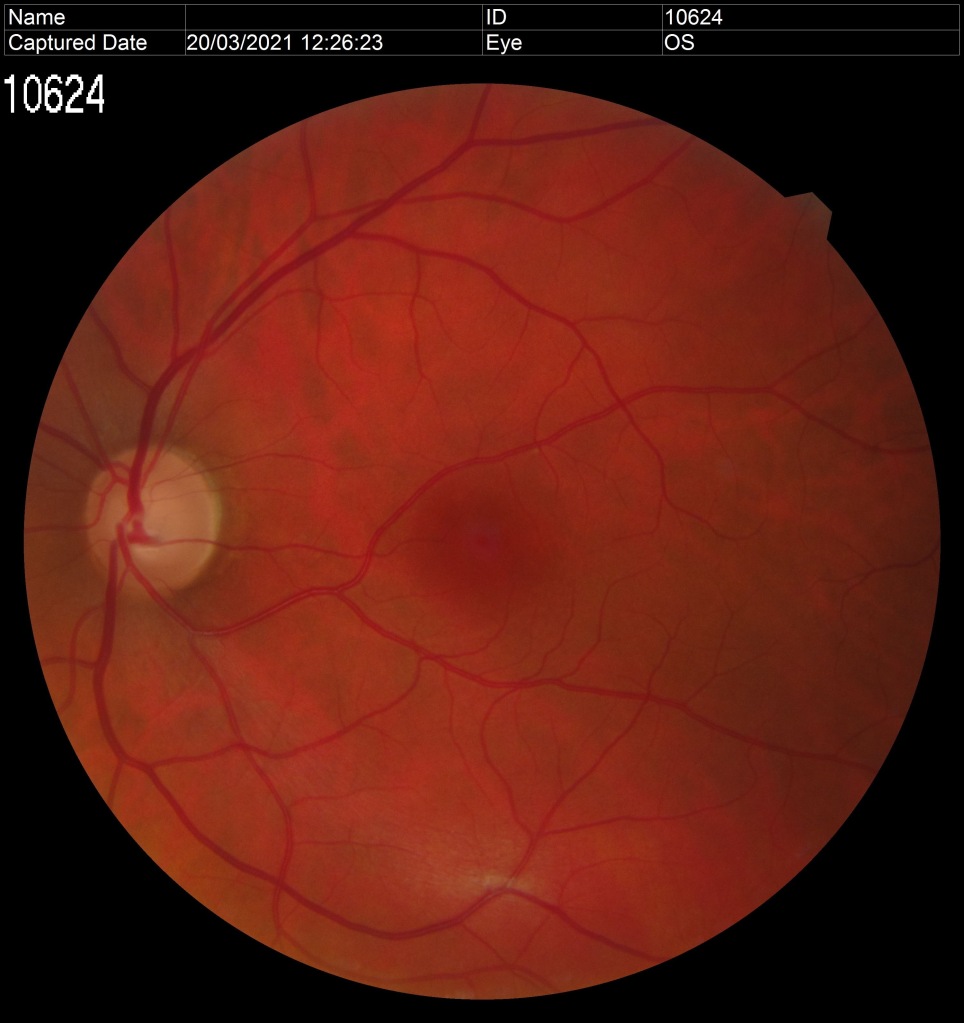Go with me on this…
Someone finds a funny lump on their testicle or breast so they call the GP to book an appointment and get it checked out. Once the GP has checked it out and is suspicious, the person is catapulted onto a cancer pathway that presumes it is cancer until proven otherwise.
This happened to me recently, and in the UK this is called an ‘urgent suspected cancer referral’ and, thankfully, 90% of people do not receive a cancer diagnosis. Panic, panic, panic, and breath, no cancerous mole for me.
What about the 10% that do get a positive diagnosis of cancer? If this frightening news was treated in the way that many MS diagnoses are then the following is a rough approximation of the next steps:
Try to imagine that this newly diagnosed testicular or breast cancer patient were dispatched from clinic by the oncologist, or possibly even the oncology nursing team, with a handful of leaflets about the available drugs (some of which, if we are frank, are the modern equivalent of having surgery after a hanky with chloroform has been held to your face) and then offered an appointment in several months’ time to check how the tumour is growing and discuss options and choices.
So far, not wildly shy of the mark for many MS patients. By the way: the drugs? All of the drug options for MS sound horrendous to the uninitiated, and with no idea how to interpret the dreaded side-effects listed it is little wonder if you baulk. Grasping the leaflets about these Disease Modifying (not curing) Therapies the vast majority of patients realise that they have to learn a totally alien language at the same time as coming to terms with the diagnosis of chronic disabling disease. The faster the better. The newly diagnosed patient is on their own and with a complete freak-out diagnosis having been handed to them they do what everyone does these days and Google it despite being told to stay away from Google (for the record the most facile piece of ‘advice’ ever).
Is it lacking context? Definitely.
Are you confused? You will be.
Are you scared? Guaranteed.
Of course, that doesn’t happen with cancer (except the Google bit!). No one would dream of treating a cancer patient like this. However, that is the exact experience of far too many newly diagnosed MS patients.
Compared to the relatively well-funded oncology services in the NHS the MS service is the poor relation and when the MS patient finally gets their confirmed diagnosis of an incurable, lifelong, and progressively disabling condition there is relatively little support. The nurses are amazing but they have a ridiculous patient load.
It’s odd though. For all the patient-centricity that is talked about you still hear about the occasional diagnosis by post, the gaslighting of patients who want to get on the most efficacious therapies the soonest (a proven beyond doubt way to mitigate the long-term effects of this ghastly disease), the patients who are told to choose their own medication (you are assumed to be an expert in pharmacology, pharmacodynamics, immunology, neurodegeneration etc) and to try and get the best outcomes the MS patient is going to have to become expert in the disease and the treatments, and if they have read much they’ll know that whilst things take the time they take their brain and nervous system is deteriorating at an unknown rate. With every day that passes they are a stage nearer to a host of repeatedly proven disabilities, both physical and mental.
In case you are wondering, in the UK once cancer is confirmed there is a two-week target to start treatment. Two weeks from diagnosis. Two weeks! Not always hit I grant you but a stated ambition nonetheless.
“But (at least?) it isn’t cancer” or variations thereof are trotted out at this point as if comfort is to be taken from this spurious and slightly odd comparison. Odd, because at least many cancers are curable whilst MS remains an incurable disease. The available drugs merely – to differing degrees – modify the disease course. There is no cure. MS is progressively robbing the patient of everything they took for granted, usually when they are in the prime of life.
The sad fact is that cancer is, rightly or wrongly, strongly associated with premature death, and in our society especially, we are very scared of death. A bit like Harry Potter’s Voldemort it is customary to call it something other than what it really is. Death is powerful, frightening and to be avoided. We go so far as to publicly lionise people whom we feel have given their lives to preserve ours/others. It is called the ultimate sacrifice and valourised through the award of medals for bravery. Life is to be treasured and celebrated, the selfless giving of it for one’s fellow man doubly so.
You see, MS doesn’t kill you. You tend to die with MS and not from MS and this fact alone makes it infinitely less scary to an outsider, be that a friend or a neurologist. I can only imagine that this is the reason why MS is not taken as seriously as cancer.
Let’s return to death for a moment; the uncontested outcome, the undeniable and unavoidable endpoint for us all. I believe this is the real problem when holding the approach to MS care against that of cancer care. The focus is on the endpoint and isn’t really on the journey. MS patients are set for a long and difficult journey and yet that journey seems overlooked, devalued, unimportant when held against the fact that it is unlikely to lead to premature death. With MS the journey doesn’t seem to matter, only the denial of death.
There has been no serious systemic change in MS care, as there was with cancer treatment. Perhaps it’s time we started that conversation?
(Is the system perfect for cancer patients? Undoubtedly not. However, my point is that the professionals treating cancer or MS tend to have quite different feelings about the seriousness of the disease. This is a historical thing and the entire system surrounding the perception of the seriousness of MS is structurally flawed, or it would be taken more seriously, as a rule, not an exception.)
By: theMSguide.com with the capable help of top-notch proofreaders Rachel and Kathleen



